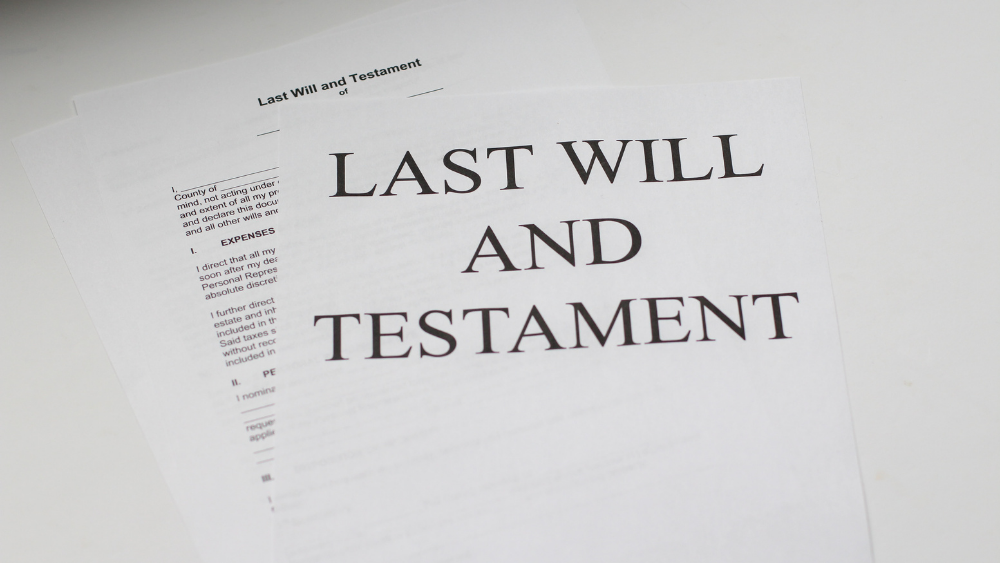Legacy Giving
Leave a Lasting Legacy to Empower T1D
By leaving a gift to Empower T1D in your will, you can help ensure that those affected by Type 1 Diabetes continue to receive the support and care they need for generations to come. Your legacy will transform lives long into the future.

Why Leave a Gift to Empower T1D?
Create Lasting Impact
Your legacy gift will help sustain our vital work with children and families affected by diabetes for future generations, creating a lasting impact on countless lives.
Tax Benefits
Legacy gifts to Empower T1D are exempt from inheritance tax, which could reduce the tax burden on your estate while supporting a cause that's meaningful to you.
Honor Your Values
A gift in your will is a powerful way to ensure your values and commitment to helping children with diabetes live on beyond your lifetime.
Your Legacy in Action
A legacy gift to Empower T1D could fund groundbreaking diabetes education programs, provide therapeutic animal interactions, support families through diagnosis and beyond, and help us expand our facilities to reach more people in need.

Types of Legacy Gifts
Residuary Legacy
A gift of all or part of what remains of your estate after all other gifts, debts, and expenses have been paid. This type of gift maintains its value over time regardless of inflation.
Pecuniary Legacy
A fixed sum of money specified in your will. You might want to consider index-linking this type of gift to protect it against inflation over time.
Specific Legacy
A particular item of value such as property, artwork, jewelry, or investments that you leave as a gift.
Reversionary Legacy
A gift that allows someone to benefit from your assets during their lifetime, with the whole or a part of these assets passing to Empower T1D after their death.
How to Leave a Legacy Gift
- Consult with a solicitor – We recommend seeking professional legal advice when making or updating your will to ensure your wishes are properly documented.
- Decide on the type of gift – Consider whether you'd like to leave a residuary, pecuniary, specific, or reversionary legacy.
- Include our charity information – Ensure your will includes our full name (Ponies and Pets Educating Diabetics and Siblings), registered address, and charity number (1062253) to avoid any confusion.
- Let us know – While there's no obligation to tell us about your gift, letting us know about your intentions helps us plan for the future and thank you properly during your lifetime.

Suggested Wording for Your Will
"I give to Empower T1D, registered charity number 1062253, [choose and complete one of the following options]:
- the residue of my estate
- % share of the residue of my estate
- the sum of £ [amount in figures and words]
- my [description of item] to be used for its general charitable purposes."
Frequently Asked Questions
Can I leave a gift for a specific purpose?
Yes, you can specify how you'd like your gift to be used. However, we recommend including flexible wording that allows us to use the gift for general purposes if your specified area is already fully funded or no longer exists when your gift comes to us.
What happens if I already have a will?
You can add a gift to Empower T1D to an existing will by using a codicil – a supplement that makes changes or additions to your current will. Your solicitor can advise on this simple process.
How will my gift be acknowledged?
If you let us know about your legacy gift during your lifetime, we'd be delighted to invite you to special events and keep you updated on our work. We can also discuss any recognition you might like, or respect your wishes if you prefer to remain anonymous.
Get in Touch About Legacy Giving
If you're considering leaving a gift to Empower T1D in your will, or have already done so, we'd love to hear from you. Our legacy team is here to answer any questions and discuss how your gift could make a difference.
Contact our Legacy Giving Team:
- Email: legacy@ppeds.org
- Phone: +44 (0)1234 567890

The information provided on this page is not intended as legal or financial advice. We recommend that you consult with a qualified professional when making decisions about your will and estate planning.
